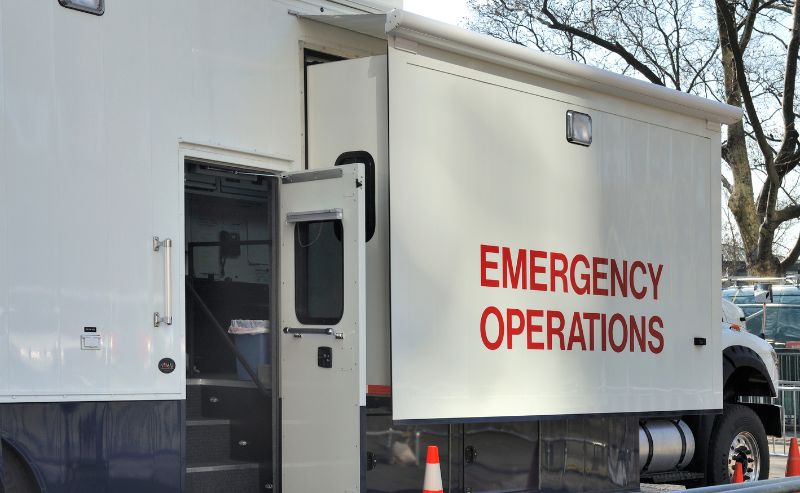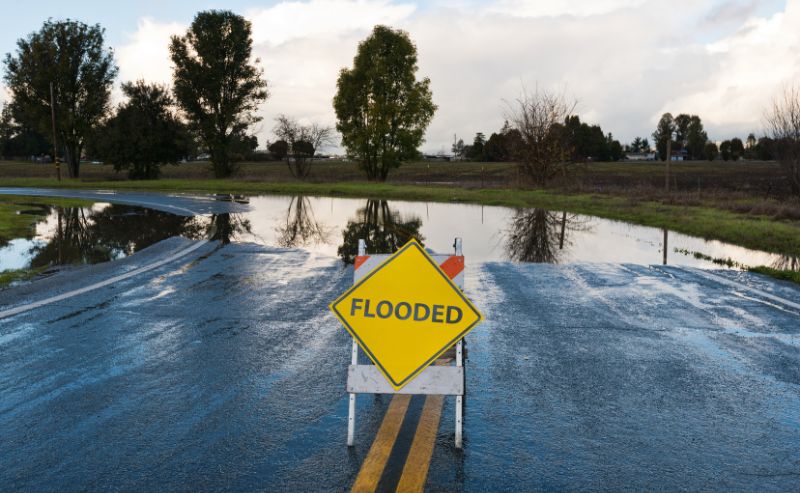While many may be singing holiday songs this time of year, others are waiting, wondering (and perhaps worrying) about the weather and their organization’s ability to maintain continuity during a disruption.
According to the National Weather Service (NWS), bitter Arctic air and dangerously cold wind chills will soon impact much of the U.S., as will heavy snow, if not blizzard conditions. Portions of the South will receive heavy rain, which could lead to flooding; even Hawaii’s Big Island will see mountain snow and high wind. It’s the “perfect storm,” so to speak, and a clear reminder of the need for a current and actionable continuity of operations plan (COOP).
COOPs, as explained by the National Oceanic and Atmospheric Administration’s (NOAA’s) Office of Response and Restoration, address emergencies from an all-hazards approach. They provide a road map for individual departments to perform essential functions for up to 30 days or until things return to normal.
For some, these essential services may include payroll, purchasing, and logistics. For others, they may involve public health, transportation, or law enforcement. Consider for a moment the need for trash pick-up, clean water, and debris removal following a tornado or hurricane. It doesn’t take long to realize how the lack of such essential services can become problematic so fast and for so many.
The same holds true for the impending weather system. Extreme cold poses several health risks and can lead to widespread power outages. Snow- and ice-covered roads can become impassible, leaving people stranded and preventing employees from getting to work. High winds can damage cell towers, impeding communications. Flooding rains can destroy homes, schools, and businesses and, sadly, claim lives.
Our hope at BOLDplanning, a division of Agility, is that your organization’s COOP is up to date and ready for activation. It may become necessary in the days ahead, given the current weather predictions.
It is also our hope (if you are not in the path of this volatile weather system) that you take this opportunity to review, if not exercise, your organization’s COOP. It will be time well spent in preparation for future disruptions, weather-related or otherwise.






